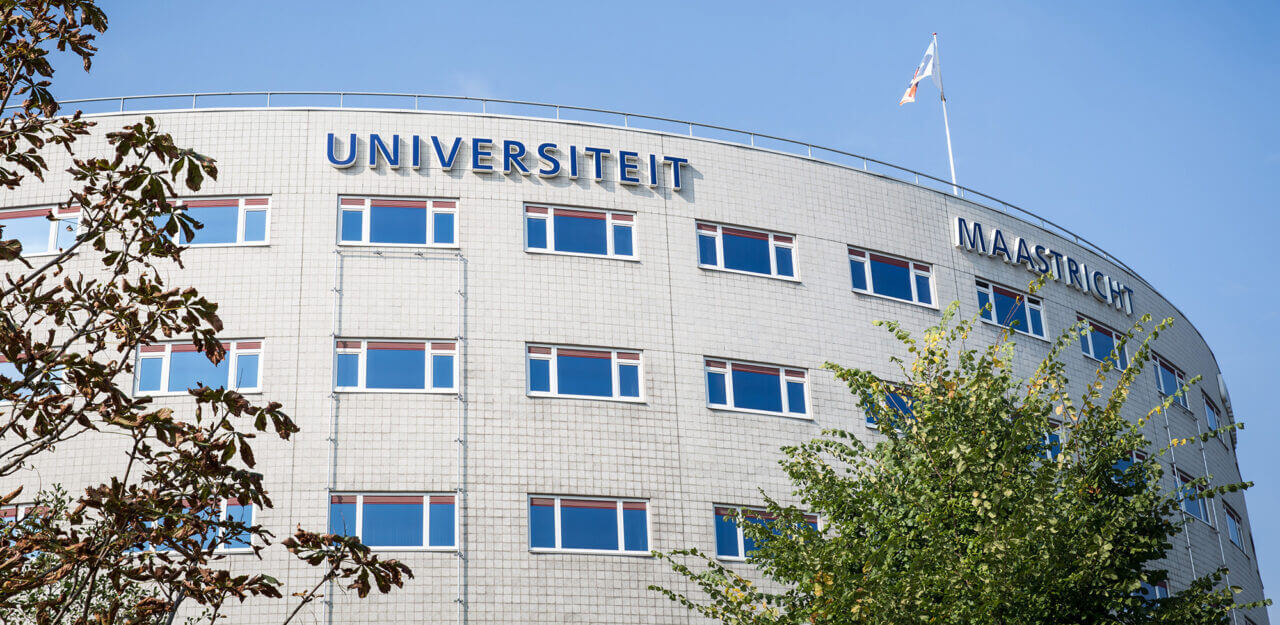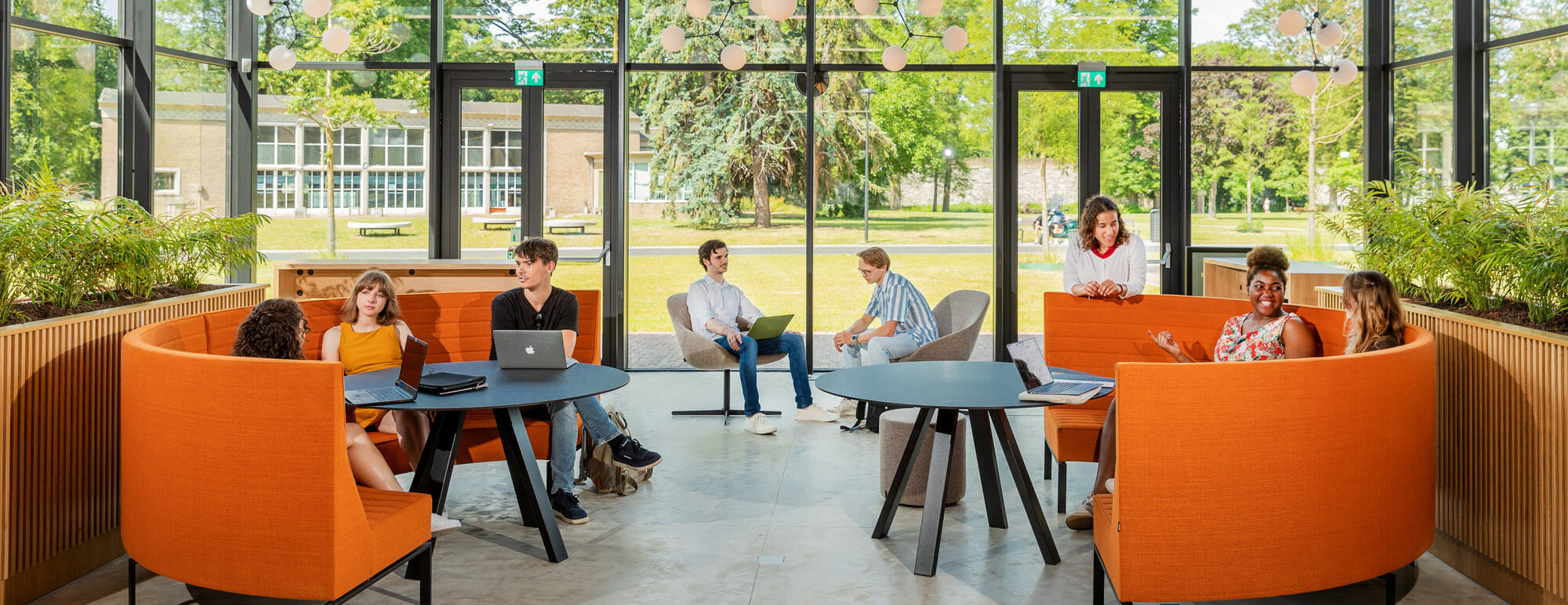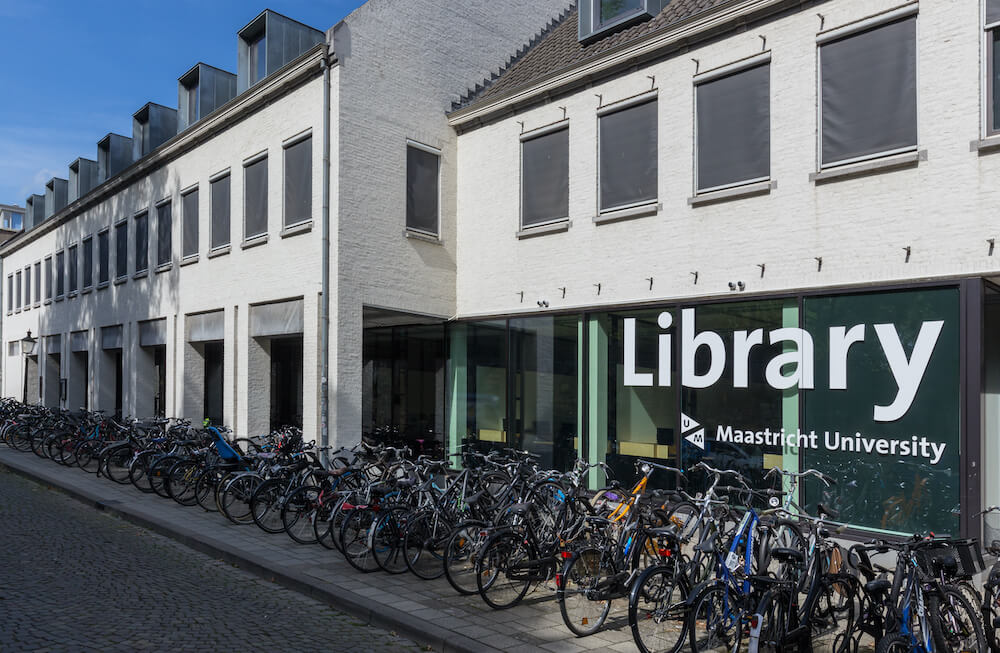Programme and structure
The bachelor Circular Engineering offers a full-time programme, which is divided into six semesters and will have a duration of three years. Each semester splits up into 3 periods, following the 8-8-4 week model of Maastricht University. This 8-8-4 model means that period 1 and 2 are eight weeks long and consist of courses and skills training. Period 3 is four weeks long, devoted to a project in which you apply the knowledge and skills gained in the courses and skills trainings. An exam week is included in the 8 or 4 weeks. During this exam week, no other educational activities are scheduled so you can optimally study and prepare for your exams.
Year 1
The first year of the programme provides you with a solid foundation with courses in mathematics, physics, chemical engineering and biotechnology. Courses such as Life Cycle Assessment and Engineering in a Circular Economy complement the core courses and provide you with methods to assess product or process circularity and sustainability. In addition, you develop hands-on engineering research experience in two projects.
Year 2
The second year enables you to select courses and skills trainings you are genuinely interested in through a variety of electives. This allows you to play to your strengths, interests and future ambitions. For example, if you set your goal to focus on chemical circular engineering you can select electives such as Artificial intelligence or Sustainable Agronomy. These courses expand your 'tool box' and give you a broader perspective that is much needed in a circular economy. Academic advisors aid you in your choice of electives. Each semester ends with a project.
Year 3
In the third year, you select one concentration of courses and skills trainings to provide you with thorough knowledge within a specific engineering domain: Circular Chemical Engineering, Sustainable Biotechnology or Engineering Physics for Sustainable Manufacturing: You finish your bachelor with a thesis on a circularity challenge within one of these concentrations. The concentrations are directly connected to developments at the Brightlands campuses and relevant companies, industry and non-profit organisations in the region.
Circular Chemical Engineering
In this concentration, you focus on the transition to a sustainable and competitive chemical industry. Chemical process design based on renewable or recycled feedstocks, circular water usage, minimum energy input and zero emissions ask for new technologies and for creative installation design. These topics are combined with fundamental chemical engineering knowledge on Thermodynamics and Kinetics, Heat and Mass Transfer, Reactor Engineering, Separation Techniques, and Process Design and Control. This gives you a thorough basis in Chemical Engineering combined with valuable knowledge needed for the transition to a circular chemical industry.
Show less












